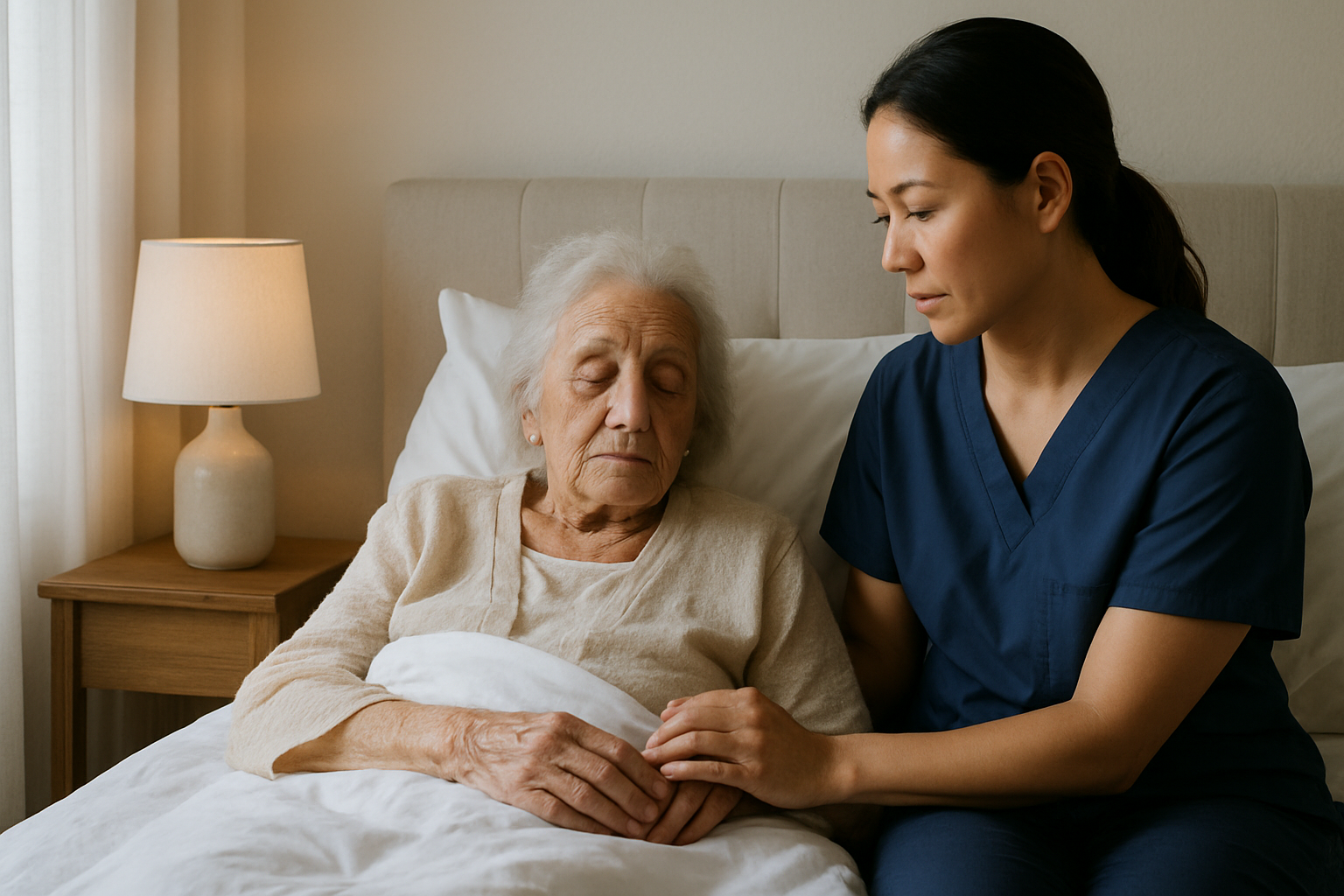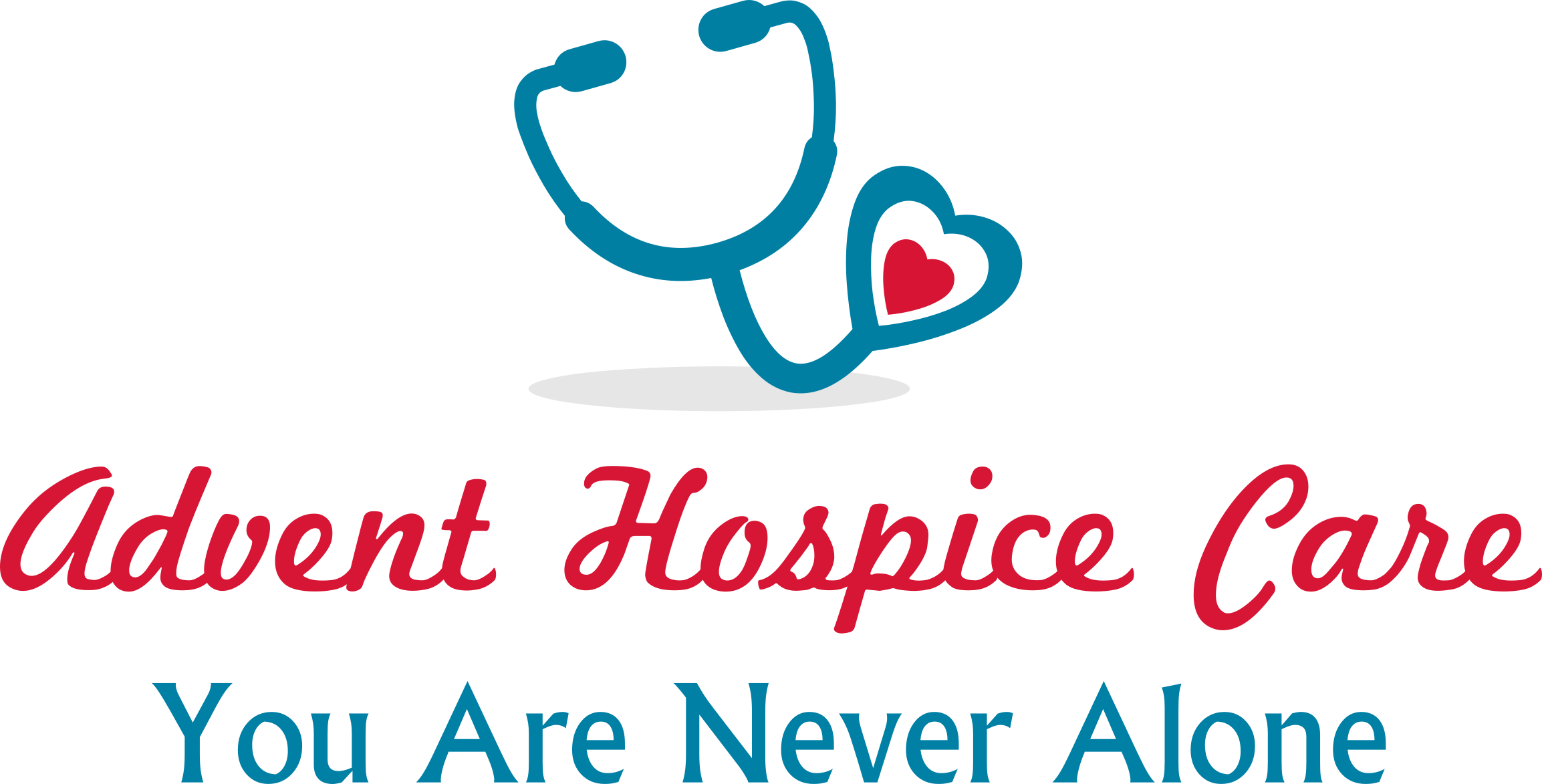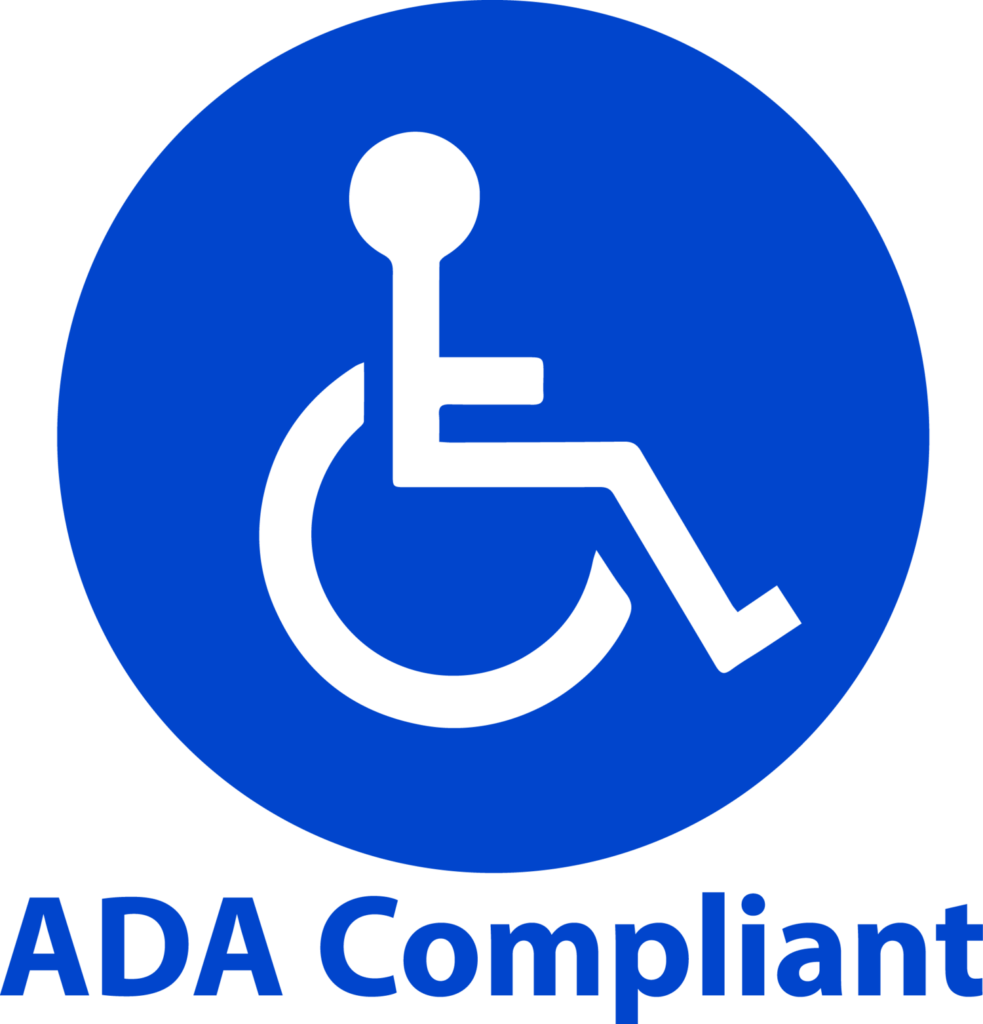
Navigating the final stages of life—whether for yourself or a loved one—can feel emotionally overwhelming. From medical needs to emotional support, families often struggle to find a solution that honors comfort, dignity, and peace. That’s where specialized end-of-life support comes in.
In a city as vast and diverse as Los Angeles, access to professional, in-home and facility-based care has become more crucial than ever. Knowing how to choose the right team, what to expect, and where to start can make all the difference in ensuring a compassionate and respectful journey.
Understanding the Purpose of End-of-Life Care
This type of care is designed not to cure illness, but to provide relief from pain, manage symptoms, and offer emotional and spiritual support. It’s typically recommended for individuals with terminal illnesses who are expected to live six months or less, should the disease run its natural course.
But beyond the clinical scope, this kind of support is about preserving quality of life. Whether someone is facing cancer, advanced heart failure, or another life-limiting condition, they deserve care that prioritizes comfort, dignity, and personal wishes.
What Services Are Typically Offered?
When exploring care options in the Los Angeles region, families will find a range of offerings tailored to meet the specific needs of the patient and their support system. Some of the most common services include:
- Pain and symptom management
- Skilled nursing care and medication administration
- Emotional and psychological counseling
- Spiritual guidance
- 24/7 availability for urgent needs
- Bereavement support for family members
These services may be delivered in various settings—at home, in nursing facilities, or within dedicated residential centers.
Benefits of Choosing In-Home Support
Many individuals express the desire to remain in the comfort of their own homes during their final months. Home-based programs make this possible by bringing professional support directly to the patient’s door. Nurses, aides, social workers, and spiritual counselors work as a coordinated team, ensuring seamless care delivery.
This model provides not only clinical support but also offers families peace of mind. Loved ones can spend more time together in a familiar environment, free from the often-sterile atmosphere of hospitals.
How to Find Local Providers That Prioritize Compassion and Expertise
Searching for trustworthy services in your local area can feel daunting. A good starting point is to look for agencies with experienced medical staff, personalized care plans, and a solid reputation in the community.
One such provider is Advent Hospice Care, which has been serving patients across Los Angeles with empathy-driven, physician-guided support. Their approach focuses on empowering patients and families with resources, clarity, and ongoing communication throughout every step of the journey.
When evaluating a provider, consider asking the following:
- How long have you been operating in the area?
- Are your care plans customizable based on diagnosis or religious preferences?
- What type of training does your staff undergo?
- Can care be delivered both in-home and in facilities?
- What does your after-death support for families include?
Transparent, confident answers to these questions can help you determine if an agency aligns with your values and expectations.
Addressing Common Concerns
It’s natural to have questions or fears when considering end-of-life care. Many families worry it may mean “giving up,” but in reality, it’s about shifting the focus to comfort rather than aggressive treatment. Others might hesitate due to cost, but Medicare and many private insurance plans typically cover these services in full or in part.
There may also be concern about the emotional toll, which is why psychological and grief support is such a vital aspect of a comprehensive care plan.
The Importance of Early Planning
One of the best ways to make informed decisions is to start the conversation early. While no one wants to think about the end of life, discussing wishes, designating healthcare proxies, and learning about care options ahead of time can bring tremendous relief down the road.
Families who plan ahead often report feeling more in control and less stressed, even in the face of serious illness.
Final Thoughts
In a city as large and dynamic as Los Angeles, families are fortunate to have access to skilled, compassionate care designed to bring comfort and peace during life’s most difficult chapters. Choosing the right hospice provider can feel like a heavy decision—but with the right information, it becomes one rooted in love and empowerment.
If you or someone you know is beginning this journey, take time to explore local providers, understand your options, and ask questions. The goal isn’t just to extend life—it’s to enhance the quality of every moment.


